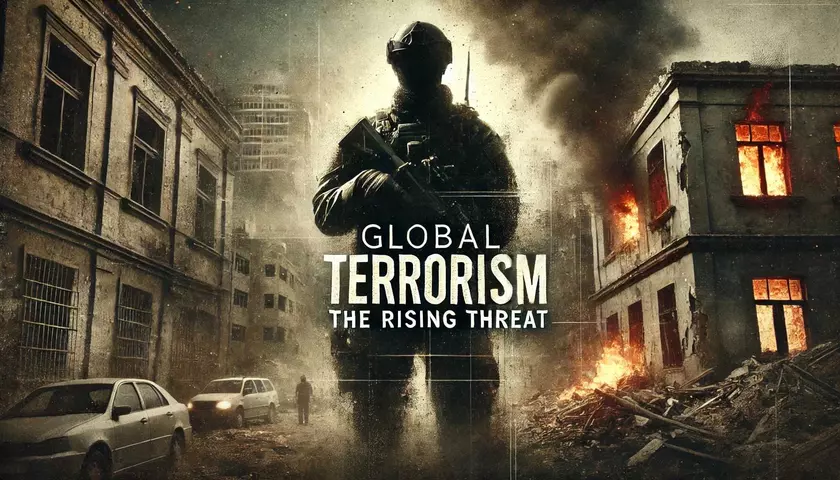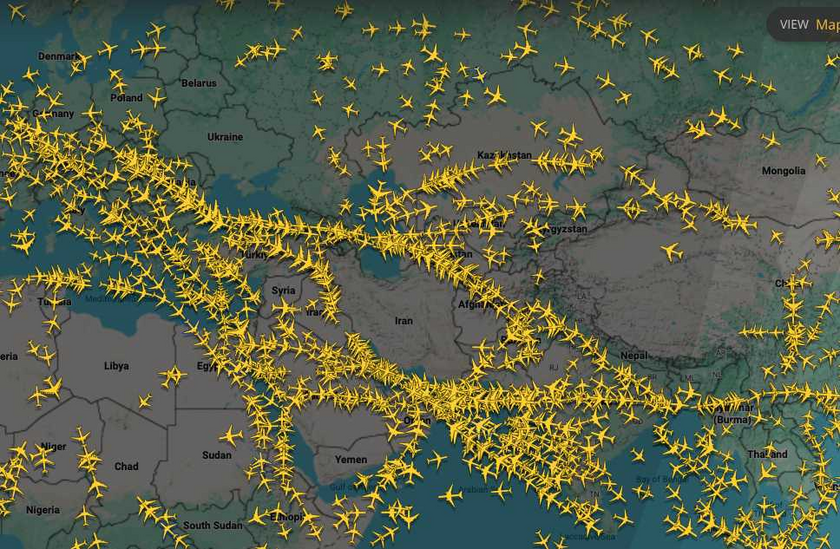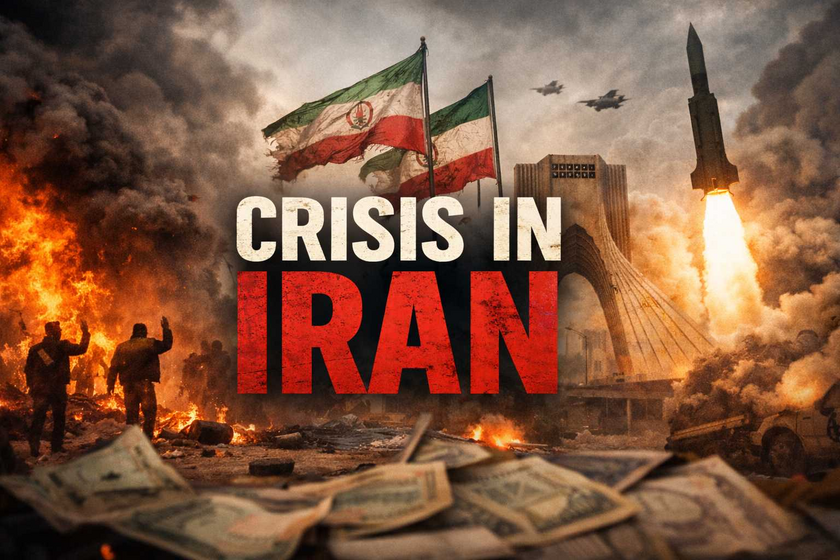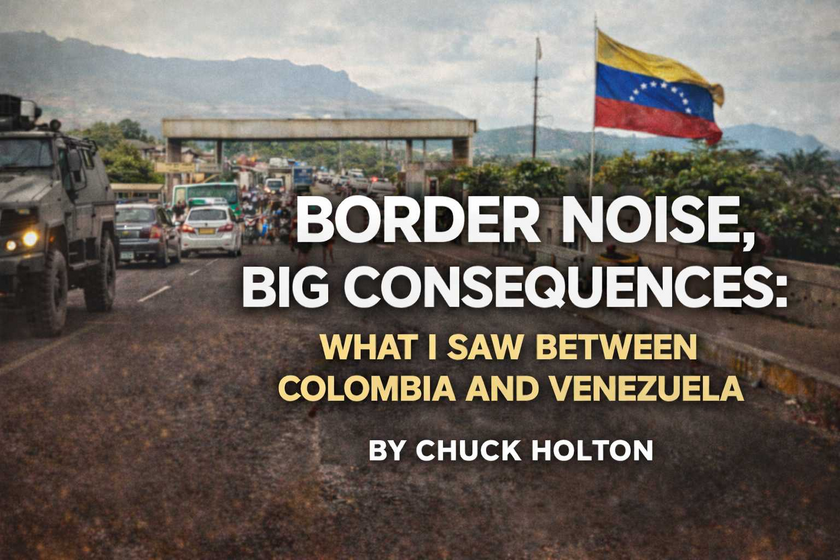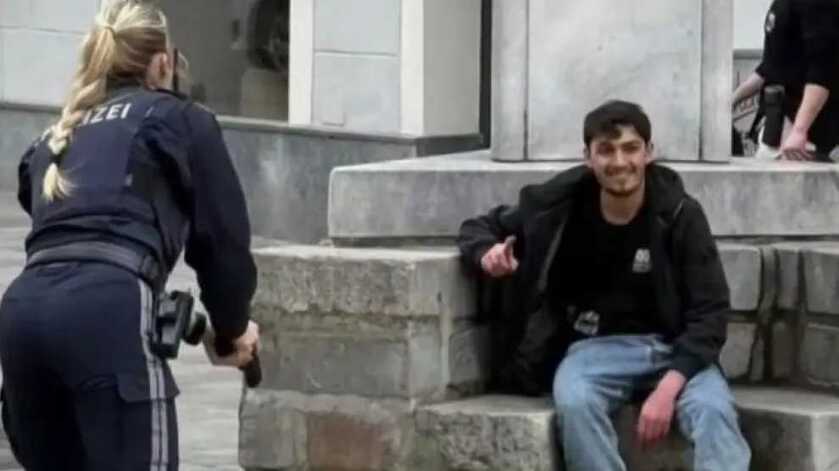
When a 14-year-old boy was stabbed to death in Austria by a Syrian refugee who pledged allegiance to ISIS, the world barely took notice. It was yet another tragic, random act of violence in the news cycle—except it wasn’t random. Authorities found an ISIS flag in the attacker’s home. He was radicalized online. And he was following a playbook that has been in circulation for years, waiting for the right conditions to spark a resurgence.
Those conditions are here.
ISIS isn’t just making a comeback—it’s been waiting in the shadows, watching, recruiting, and preparing. And right now, global security efforts are being scaled back, giving them exactly what they need: less resistance. While the world thought ISIS had been defeated, they were actually regrouping, recruiting online, and infiltrating via immigration into Europe and the U.S. This story isn’t over—it may just be getting started, and the next chapter could be even worse.
A Global Fight Against ISIS
The fight against ISIS was never just about the U.S. The Kurdish-led Syrian Democratic Forces (SDF) played a massive role in dismantling the so-called caliphate, losing over 12,000 fighters in the process. They did this with U.S. backing, intelligence, and air support, but they bore the brunt of the ground war. European and Middle Eastern nations also contributed to efforts in counterterrorism, cyber warfare, and military strikes.
But now, that collective effort is fading.
Recent ISIS-Linked Attacks
ISIS-affiliated violence is on the rise again:
Austria (2025): A Syrian asylum seeker radicalized online stabbed a 14-year-old boy to death and injured five others in Villach.
Somalia (2025): ISIS fighters launched deadly assaults on military bases, leading to clashes with security forces.
Syria (2025): A growing number of ISIS sleeper cells have attacked Syrian Democratic Forces and civilians.
Iraq (2024): A bombing in Baghdad killed dozens, claimed by an ISIS affiliate.
Turkey (2024): Authorities foiled a planned terrorist attack in Istanbul, arresting suspects with ties to ISIS.
Syria’s Power Vacuum and the Perfect Storm for Extremists
The Middle East is once again in chaos. Syria is leaderless. The power vacuum left behind is exactly the kind of environment that breeds extremism. ISIS fighters, who never truly left, are emerging from hiding, seizing weapons from abandoned military stockpiles, and reorganizing. They are finding ungoverned spaces to train, recruit, and spread their propaganda.
And what is happening? The U.S. and its allies are pulling away.
The Biden administration has cut aid that supported Kurdish forces who helped dismantle ISIS in the first place. International funding once kept prisons in Syria operational—prisons that house thousands of ISIS fighters. Now, with that funding slashed, there is growing fear of prison riots and mass breakouts. If that happens, thousands of battle-hardened jihadists will be free to launch attacks across the world.
The Digital Battlefield – ISIS Is Winning Online
ISIS doesn’t need territory to be deadly. They have adapted. Their battlefield is digital, and their recruitment efforts online have been disturbingly effective. The Austrian attacker? Radicalized through ISIS propaganda on the internet. And he’s not alone.
Social media platforms, despite their best efforts, remain breeding grounds for extremist content. Encrypted messaging apps make it nearly impossible to track recruitment. Young, disaffected men—whether in Europe, the U.S., or the Middle East—are being lured in through propaganda videos, Telegram chats, and even gaming platforms.
The playbook is simple: find an alienated individual, feed them a cause, and push them toward action.
And it’s working. ISIS-affiliated attacks are happening again in Europe, Africa, and the Middle East. In Somalia, they’ve launched deadly assaults on military bases. In Syria, they are regaining ground.
And soon, they’ll be targeting the West again.
The World Cannot Afford to Step Back
While the U.S. played a key role in dismantling ISIS, it was never the only force capable of holding them back. The Kurds fought on the ground, regional forces engaged in counterterrorism, and international coalitions provided crucial intelligence. But as Western nations reduce military presence, cut funding, and ignore the growing digital threat, they are creating an opening for ISIS to return in full force.
We’ve seen this story before. In 2011, when American troops left Iraq, it created the exact conditions that allowed ISIS to rise in the first place. History is repeating itself, and this time, the threat extends far beyond the Middle East.
Stopping ISIS requires sustained global cooperation—not just military action but intelligence-sharing, digital counterterrorism efforts, and funding to stabilize the regions where ISIS thrives. If the world ignores this threat, we will pay for it—sooner rather than later.
ISIS isn’t dead. It was just waiting. And now, it’s waking up. The question is: will we stop it before it’s too late?

